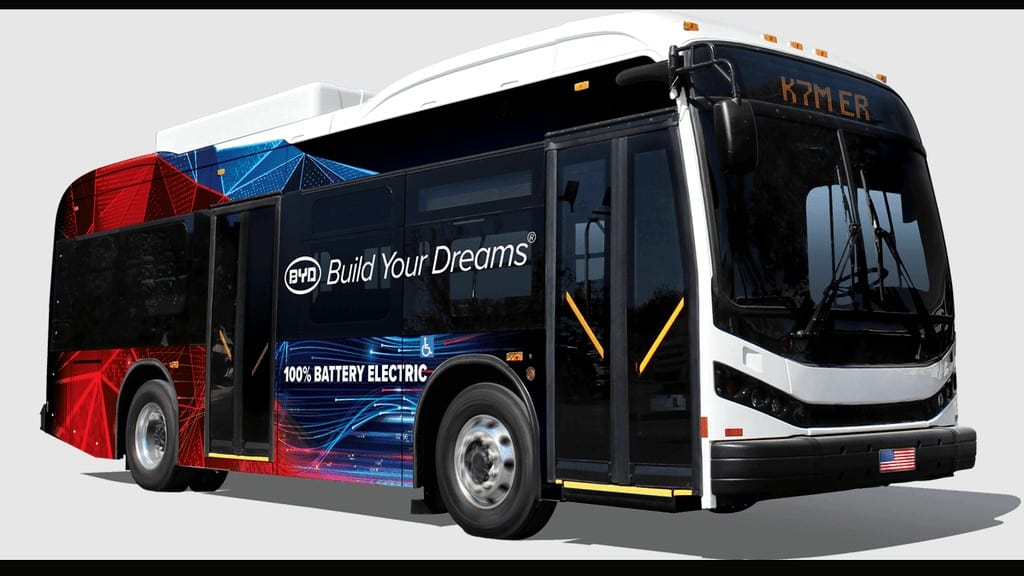China is introducing a pilot program to encourage the adoption of electric vehicles in the public market, following rapid growth in the private sector that drove new energy vehicle (NEV) penetration to around 30%.
According to a report published today by eight government departments, including China’s Ministry of Industry and Information Technology, Ministry of Finance, and Ministry of Transportation, the country will launch a nationwide pilot program to electrify public sector vehicles fully.
The document includes public service vehicles, city buses, taxis, sanitation cars, express delivery vehicles, distribution and logistics vehicles, and airport vehicles, and the pilot period runs from 2023 to 2025.
According to the document, China hopes to obtain replicable and scalable experiences and models from the pilot to encourage the advancement of NEVs under market forces and build a low-carbon transportation system.
The document outlines the pilot’s primary goals:
- In the pilot areas, the proportion of NEVs in new and updated vehicles will significantly increase to 80 percent in urban buses, cabs, sanitation vehicles, courier vehicles, and urban logistics and distribution.
- China will construct a modestly advanced, aligned layout, efficient and intelligent charging and battery swap network infrastructure, with significantly increased service capacity.
- The proportion of parking areas for charging structures in highway service areas is anticipated to be at least 10% of small parking spaces, with the ratio of new charging points piles to the number of NEVs added to the public sector aiming to be 1:1.
- To adapt to the innovation and development of NEVs, China will build an intelligent transport system, a green energy supply system, and a new communication and information network system, as well as realize the efficient interaction of NEVs and the power grid.
- New technologies such as intelligent and orderly charging, high-power charging, and fast battery swap are effectively expanded, and new technologies such as vehicle and network integration are fully validated.
Pilot program to improve electrification
The pilot’s primary goals are to improve vehicle electrification, promote the use of new technical innovation, strengthen charging and battery swap infrastructure, and enhance the policy and management system.
According to the document, China will support business model innovations such as battery swaps, financial leasing, and vehicle body-battery separation.
The country motivates regions to construct many integrated energy service stations with capabilities such as charging, battery swapping, and refueling on existing sites and facilities.
Chinese cities can freely apply to engage in the pilot, and if they want to be among the first, they must apply by March 31.
To promote and develop NEV
This is the Chinese government’s latest initiative to promote the development of NEVs, following the country’s fast growth in the private sector over the last two years.
According to figures released by the China Passenger Car Association (CPCA) on January 10, retail sales of new energy passenger vehicles in China for the full year 2022 were 5.67 million units, up 90 percent yearly.
In 2022, retail sales of all passenger vehicles in China were 20.54 million units, a 1.9 percent increase yearly. By 2022, China’s absorption of new energy passenger vehicles will reach 27.6 percent.
NEV retail sales in China were 640,000 units in December, accounting for 29.5 percent of total passenger vehicle sales.

